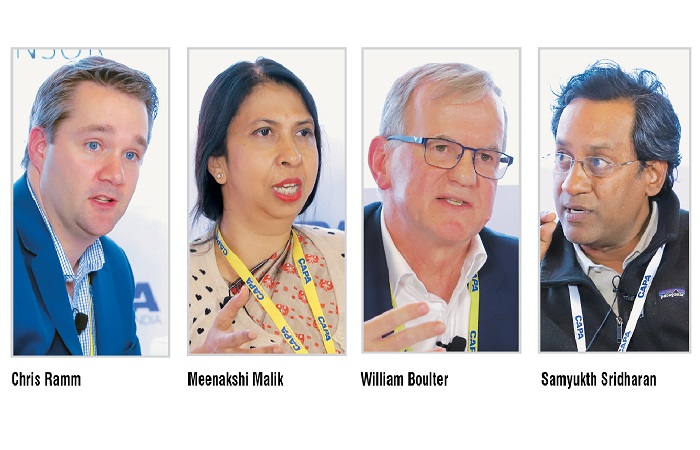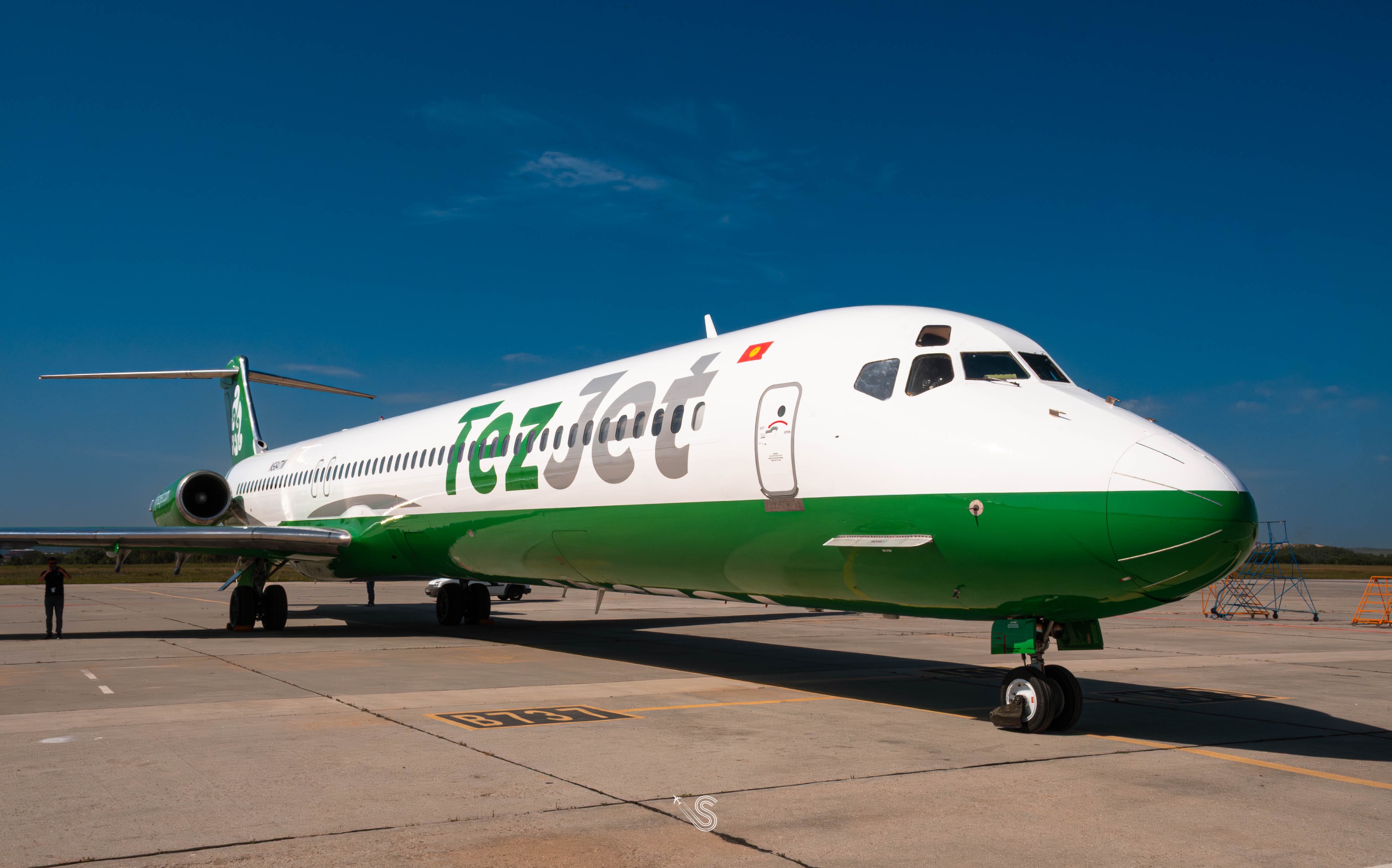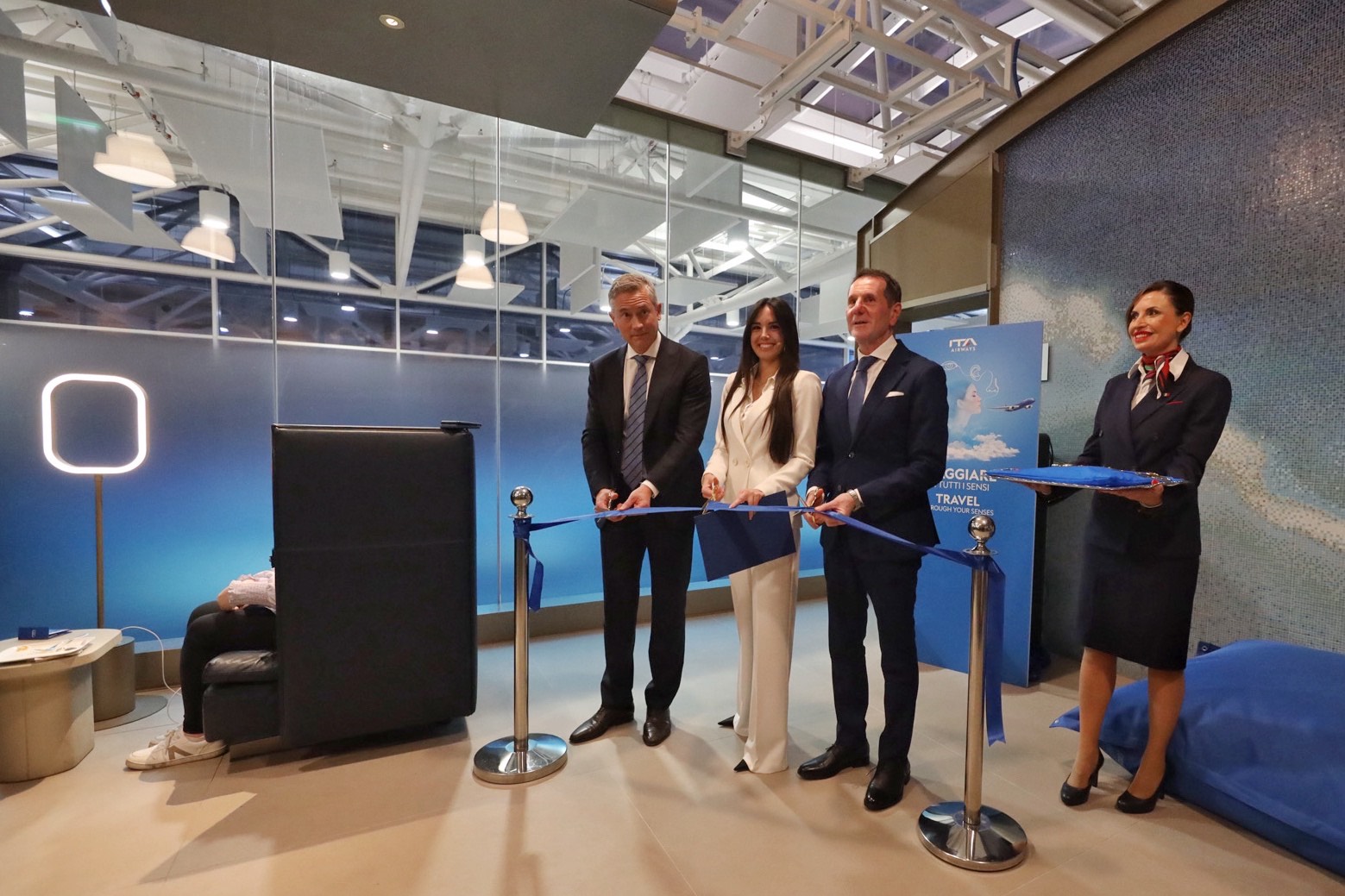Senior executives in Indian aviation discuss the role of technology in maximising airport capacity to enhance passenger experience at CAPA India Aviation & Airport Summit in Delhi.
Kalpana Lohumi
Having reported more than 50 consecutive months of double-digit traffic growth, India is expected to emerge as the world’s third largest aviation market within the next five years. Talking about the changing landscape of airline distribution in India, Chris Ramm, Vice President—Asia Pacific, Travelport, says, “Mobile continues to be a top priority for travel brands in 2019. 68 per cent of travel brands including travel agents and travel operators are planning to invest in business intelligence or predictive analytics in 2019 while 92 per cent said that having a mobile strategy is critical to the success of their organisation. 84 per cent of travel brands intend to increase their investment in mobile in 2019.”
Ramm further stated that India has the most digitally-advanced travellers in the world according to a Travelport research. He mentioned, “New Distribution Capability (NDC) programme is open to any third party, intermediary, IT provider or non-IATA member and it allows an improved capability for airlines to retail and improved ability to distribute new products and services to the indirect channel.”
On how IATA NDC is impacting the airline distribution landscape in India, Meenakshi Malik, Executive Director—Commercial, Air India, is also hopeful for the airline being NDC-certified by IATA. Malik, adds, “Today distribution channels are shifting their focus towards passengers. Earlier, airlines used to decide and we had a GPS selection and now the whole process evolves around what the passenger needs. Under the Udaan scheme, we have started aircrafts flying from remote areas. With the lot of technology coming in, things have become more user-friendly and approachable. The end-user has become the king now and pushing an airline to make the changes and move forward.”
Agreeing on how new technologies are impacting airline distribution, William Boulter, Chief Commercial Officer, IndiGo, said, “The distribution has changed a lot in 10 years. It is difficult for LCCs to make a success of operating wide bodies because they are not good at selling premium seats or cargo,” he adds.
According to Samyukth Sridharan, President & COO, Cleartrip, the change in India is predominantly driven by customer adoption of technology. “With a need to deliver the best to customers, we specifically focus on how customers are increasingly heading towards more technology. The next thing should be when consumers start searching flights through voice. We need to think about how we can leverage technology to deliver simple solutions end-to-end,” he said.
Agreeing on voice-activated booking technology, Malik adds, “It could be great for stimulating travel from the hinterland of India, where people may not be literate, but they are mobile-savvy.”
Raj Sivakumar, SVP Network & Revenue Management, Jet Airways, shares, “With airlines as the supplier and GDS as aggregator and other platforms such as travel management companies and OTAs, it’s a complex ecosystem. We need to find some way of increasing the productivity.”
 TravTalk India Online Magazine
TravTalk India Online Magazine





